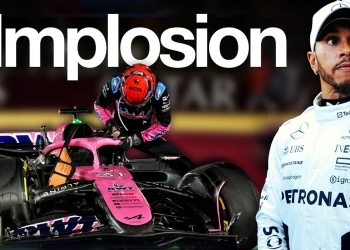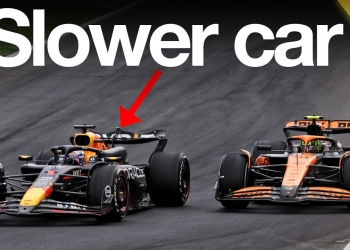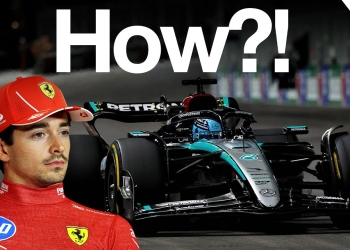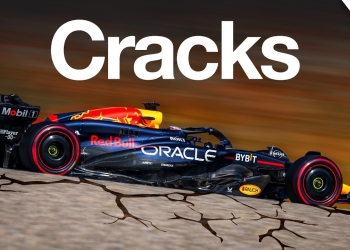The Controversial Fastest Lap in Singapore: More Than Just a Point
The 2023 Singapore Grand Prix ended with an unexpected twist that sparked debates about sportsmanship and team tactics in Formula 1. Daniel Ricciardo's late pit stop for fresh tires to snatch the fastest lap raised eyebrows and questions about the fairness of such moves, especially when it involves teams with shared ownership.The Incident: A Strategic Move or Farewell Gesture?
In what might have been his final F1 race, Daniel Ricciardo made a surprising third pit stop near the end of the Singapore Grand Prix. This move, which seemed pointless for his own race, had a significant impact:- It denied McLaren's Lando Norris the fastest lap bonus point
- It potentially aided Max Verstappen's title defense
- It stirred controversy about team tactics and fairness
The Implications: More Than Just a Point
While a single point might seem insignificant, its impact on the championship is tangible:- It altered the mathematical possibilities for the title race
- It demonstrated the potential influence of team alliances
- It reignited debates about multi-team ownership in F1
"This is a constructor's championship, a drivers' championship. It is not a coalition championship," said McLaren team principal Andrea Stella, highlighting the core issue at stake.
The Bigger Picture: Team Ownership and Fair Competition
The incident brought to light ongoing concerns about team ownership structures in F1:- Multi-team ownership: Red Bull's ownership of two teams (Red Bull Racing and RB) creates potential conflicts of interest
- Competitive integrity: Questions arise about the independence of teams with shared ownership
- Regulatory challenges: Current rules don't explicitly forbid such tactics
Click here to preview your posts with PRO themes ››
McLaren CEO Zack Brown has long advocated for addressing these issues, arguing that they compromise the sport's integrity.The Fastest Lap Rule: A Flawed System?
The controversy also highlighted issues with the fastest lap bonus point rule:| Pros | Cons |
|---|---|
| Adds excitement | Often favors teams with large gaps |
| Encourages late-race action | Can be easily manipulated |
| Provides additional strategy element | Disconnected from overall race performance |
"The fastest lap has become meaningless in modern F1," critics argue, pointing to how it often rewards circumstance rather than skill.
Potential Solutions and Future Outlook
To address these issues, several solutions have been proposed:- Revise the Concorde Agreement: Prohibit multi-team ownership in future agreements
- Grandfather clause: Allow current arrangements to continue while encouraging future sales
- Eliminate the fastest lap point: Remove a rule that has proven problematic
- Stricter enforcement: Apply existing sporting codes more rigorously









